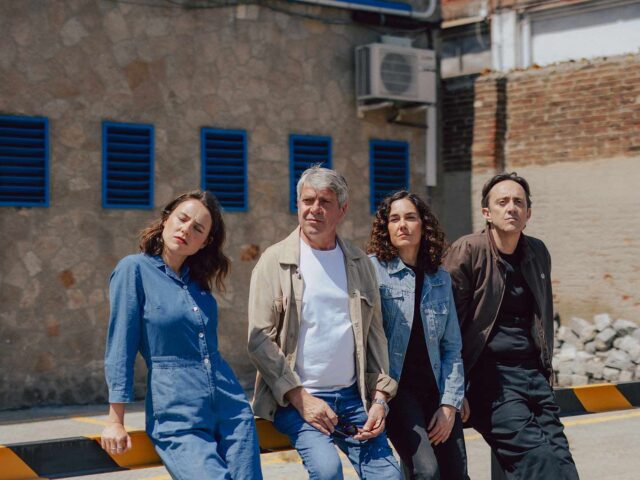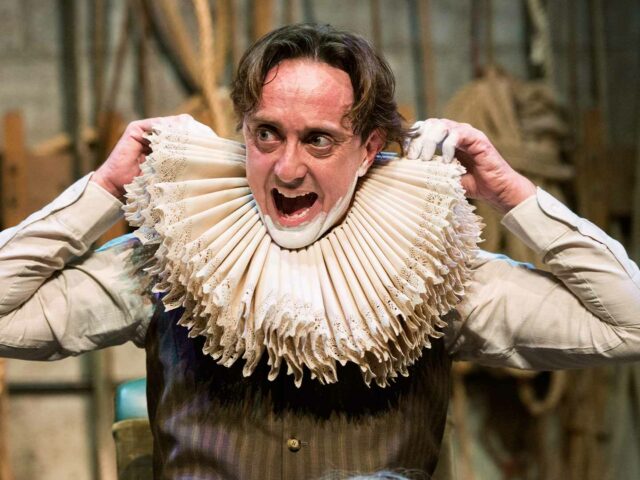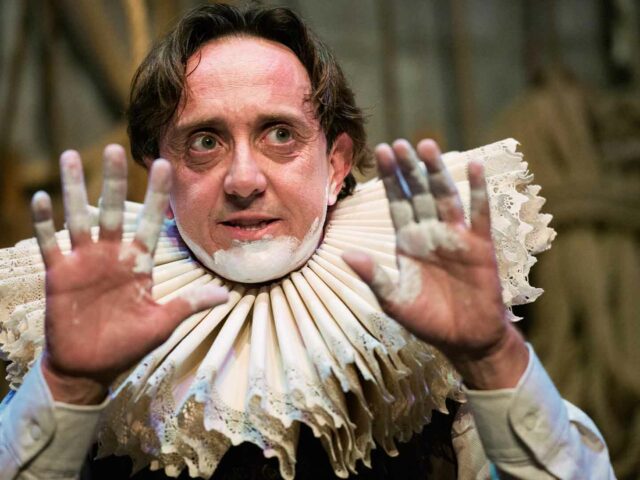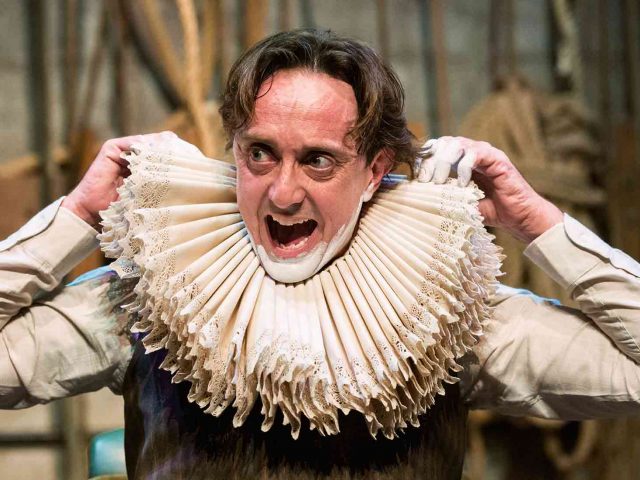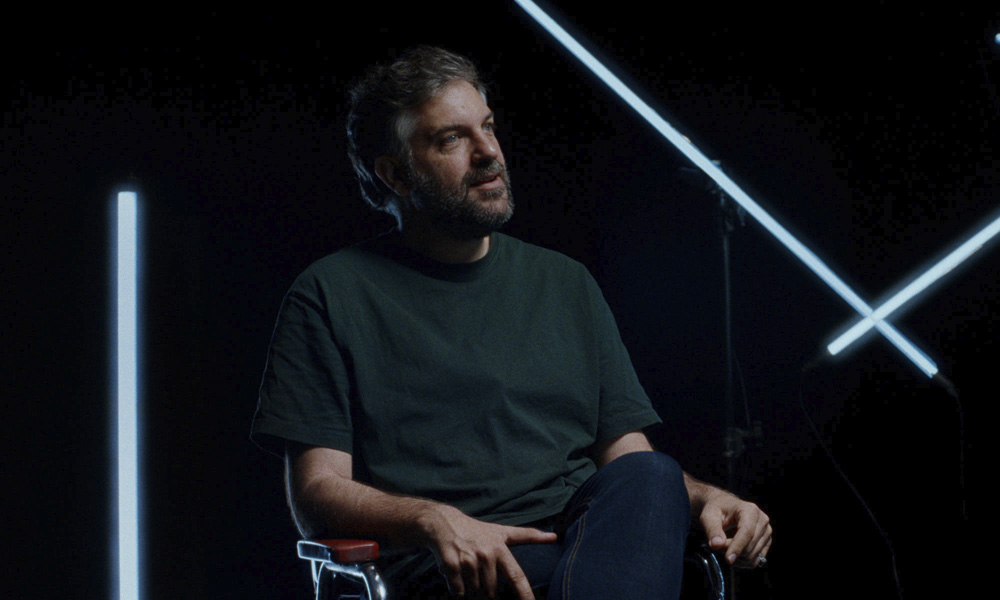
Gabriel Calderón
Gabriel Calderón (Montevideo, 1982) is a Uruguayan playwright, director and actor who has established himself as a key figure in the Latin American theatre scene of the 21st century. With a career that combines formal audacity, political commitment and black humour, Calderón has been able to build his own language that shakes conventions and connects with the concerns of the present. Since his early days as a precocious creator —he premiered his first work at the age of 21— he has stood out for his incisive, fragmented writing, full of emotional tension.
His work is part of a post-dramatic line that questions the great historical narratives, collective memory and family myths. Calderón does not write from intellectual distance but from a vital and urgent drive, which is often expressed through a broken dramaturgy, marked by temporal leaps, multiple voices and non-linear narrative structures.
Gabriel Calderón’s Theatre: memory, power and family identity
Some of his best-known works are Mi muñequita (la farsa), Or, Ex – que revienten los actores, Uz, el pueblo, Història d’un senglar (o alguna cosa de Ricard) and Ana contra la muerte. In all of them, Calderón uses acid humour and metaphor to address issues such as authoritarianism, repression, the generational transmission of trauma and social hypocrisy. His writing combines lyricism with the absurd and political criticism with a profound humanity.
Història d’un senglar (o alguna cosa de Ricard), a production by Temporada Alta and the first show entirely in Catalan to be performed at the Avignon Festival, was a great international success. It is a free reinterpretation of Shakespeare’s Richard III, which reflects on ego, ambition and isolation in contemporary life. Ana contra la muerte, on the other hand, is a more intimate and devastating piece, which explores the limits of maternal love and dignity in the face of suffering.
Gabriel Calderón: international projection and commitment to creation
His works have been translated and premiered in numerous countries in Europe and Latin America. In addition to his activity as an author and director, Calderón has been a cultural manager and trainer of new generations of playwrights. He directed the Comedia Nacional de Uruguay and has been recognized with several international awards.
Gabriel Calderón represents a new generation of Latin American authors who understand theater as a place of resistance, thought and emotion. His work, poignant and committed, connects political memory with the wounds of the present.



